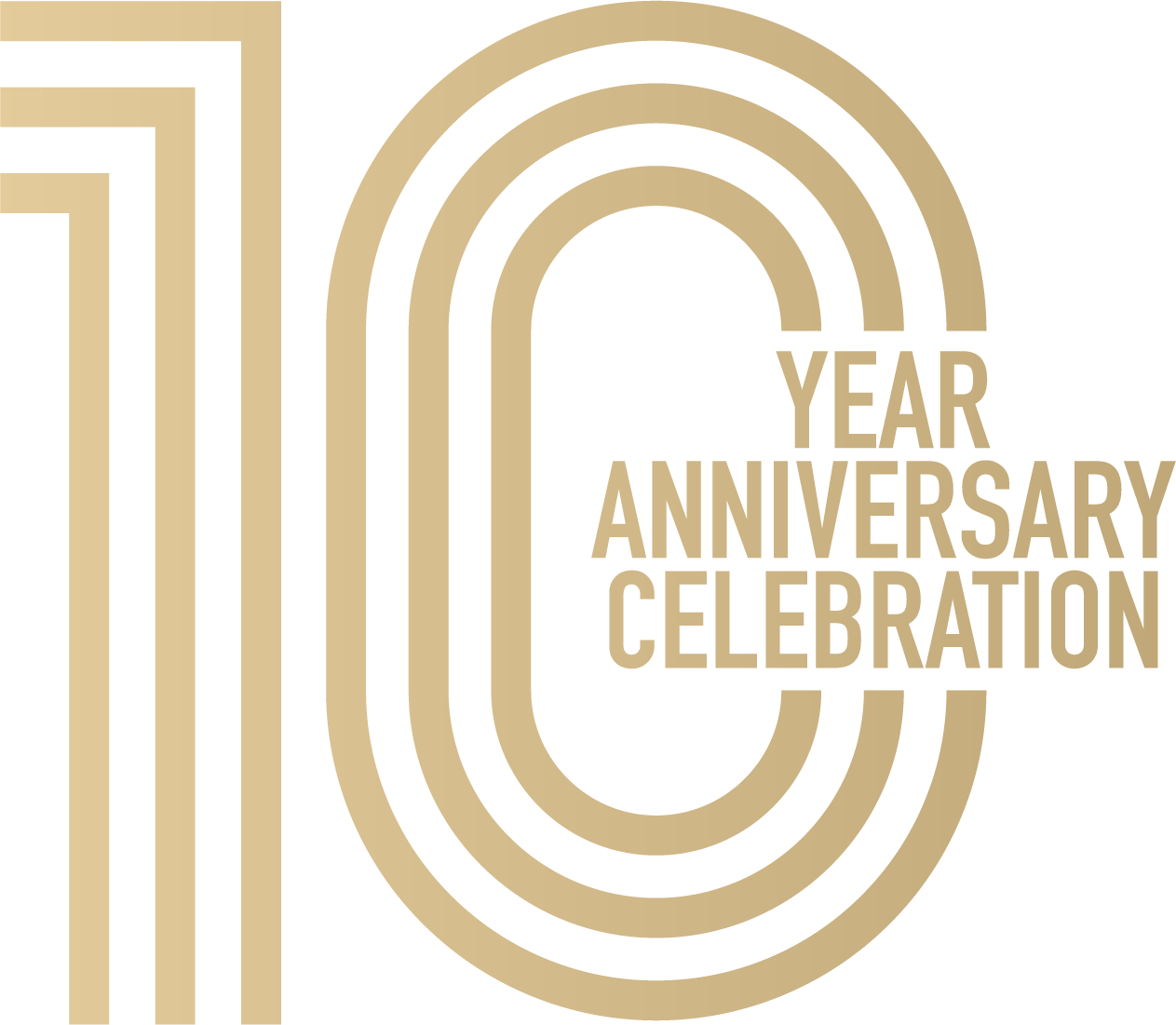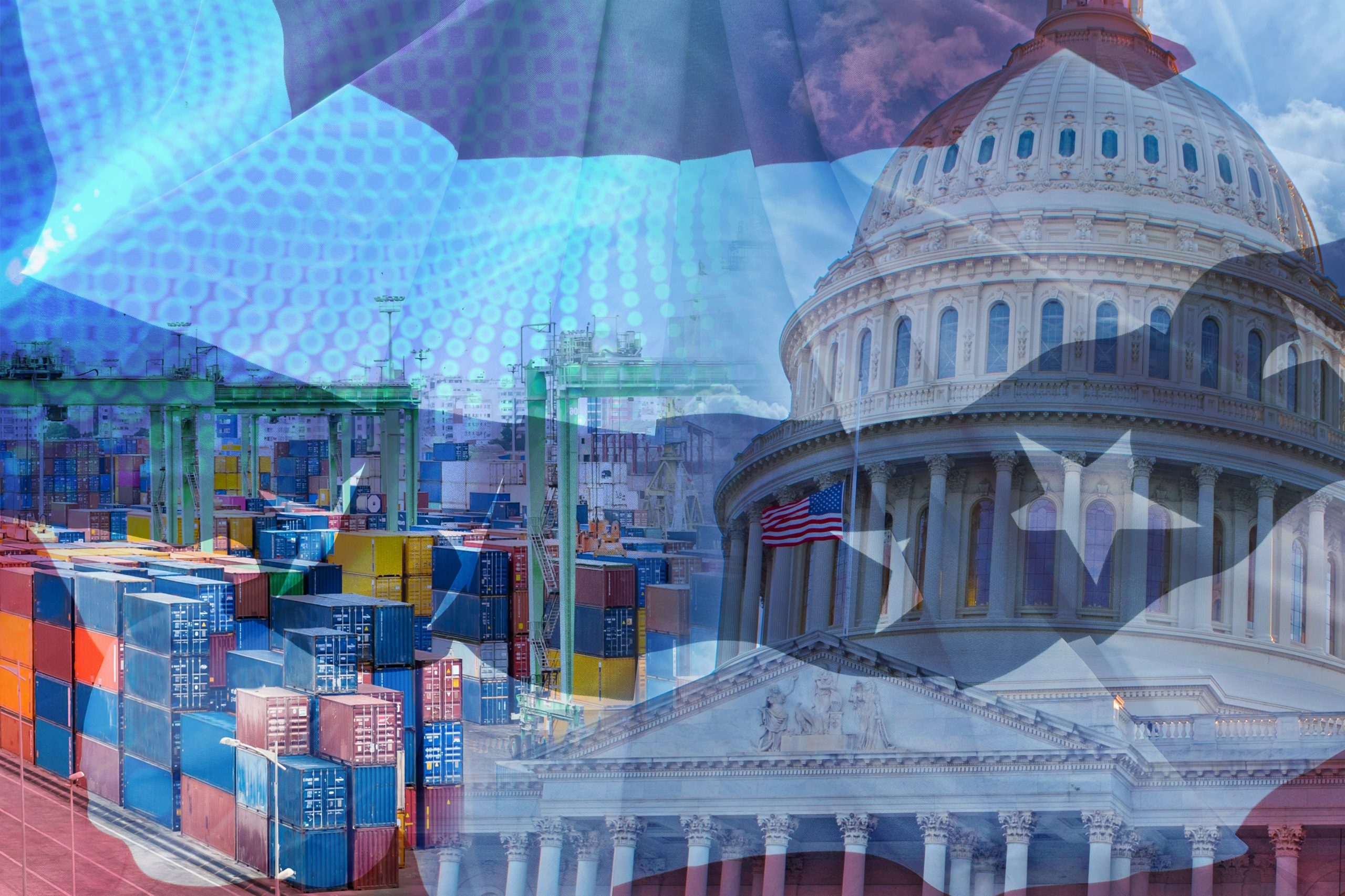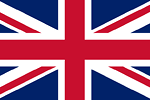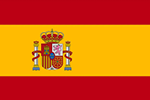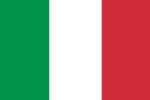United Kingdom
The UK had a mixed week on the economic front. Real-time data showed retail footfall falling in parts of England and Northern Ireland, while Scotland and the North East saw some positive movement. It paints a picture of a still-fragile recovery with regional variations.
Politically, it’s been anything but quiet. Chancellor Rachel Reeves moved forward with ambitious financial reforms, including the decision to sell off £5 billion worth of Bitcoin – certainly a headline-grabber. Meanwhile, Deputy PM Angela Rayner is floating a tourist tax, though not everyone in government is on board. The debate over restoring VAT-free shopping for EU visitors is heating up too. Also of note: the government is planning to hike defence spending to 2.6% of GDP by 2028, offset by cuts to foreign aid.
In more positive news, the England Women’s Football team retained their European Championship crown against the favoured Spain team. In a nervy penalty shootout, Chloe Kelly once again scored the vital goal to secure back-to-back championships. Dutch manager of the team, Sabrina Weigman, is in line for an honorary Damehood and the rest of the team can expect honours or honours upgrades. The team are rightly household names and have secured an England football championship win on foreign soil for the first time. The boys have their work cut out at next years’ Men’s World Cup being held between the US, Canada & Mexico.
United States
The U.S. economy bounced back in Q2, clocking in solid growth. Unemployment held steady just above 4%, and job creation remains strong – impressive given the economic headwinds globally.
But the big story this week was trade. President Trump triggered a fresh wave of tariffs starting 1st August, and markets reacted with a touch of nerves, especially in oil and industrial commodities. Behind the scenes, diplomats were scrambling in Stockholm to keep U.S.–China trade talks alive and avoid an escalation.
On the domestic front, the administration is also moving aggressively on environmental regulation. The EPA is trying to undo key climate protections, drawing significant backlash. And there’s speculation that Defence Secretary Pete Hegseth might leave his post to launch a Senate run – adding more intrigue to a fast-moving political year.
Europe
Across the Channel, eurozone inflation held steady at 2%, right in line with the ECB’s target. That stability should keep interest rates unchanged for now, which markets welcomed.
But geopolitically, the mood was more fraught. The U.S.–EU trade deal signed this week came with a flat 15% tariff on EU exports to the States. Some EU leaders called it a pragmatic step to avoid a trade war. Others, most loudly France’s PM, called it a capitulation and “a dark day” for Europe. Behind closed doors, Brussels is already bracing for more difficult negotiations, especially with China.
China
China’s economy managed to beat expectations slightly, growing 5.2% in Q2. It’s not runaway growth, but it’s solid enough to meet the government’s full-year target – and gives Beijing some breathing room.
Still, there’s a sense of urgency in the air. Policymakers are ready to roll out more stimulus if needed, especially as trade tensions with the U.S. linger. The diplomatic track stayed active this week, with further U.S.–China negotiations in Sweden aimed at extending the tariff truce beyond mid-August. Whether it holds remains to be seen.
Gold & Copper
Gold prices held their ground after a volatile few weeks. Even though the shine has dulled slightly from July’s highs, it’s still trading near record levels. Investor demand is strong, but speculative volume has calmed, suggesting a consolidation phase.
Copper, on the other hand, had a dramatic week. With new tariffs on copper imports taking effect on 1st August, prices soared through July. Demand remains strong – especially from electric vehicle and green tech sectors – and the tariff announcement added extra fuel to the fire. All eyes are on how the market absorbs the change now that it’s live.
Oil
Oil markets were on edge early in the week as traders braced for the new round of tariffs. Prices dipped initially but then rebounded, closing the week with healthy gains. Brent rose around 5%, and WTI over 6%, showing resilience even in the face of political turbulence.
The big question is whether this momentum can hold. Much will depend on how the global trade situation evolves – especially with both U.S.–China and U.S.–EU relations still on the brink.
Key Takeaways
- The UK continues its post-election financial reset, with bold fiscal reforms and spending shifts.
- The U.S. economy is flexing, but trade tensions and climate policy reversals are stirring debate.
- The EU avoided a trade war with the U.S., but not without internal political fallout.
- China is holding steady but preparing for more turbulence.
- Gold remains elevated; copper is riding a tariff-fuelled rally.
- Oil is proving remarkably resilient in the face of escalating global tensions.
